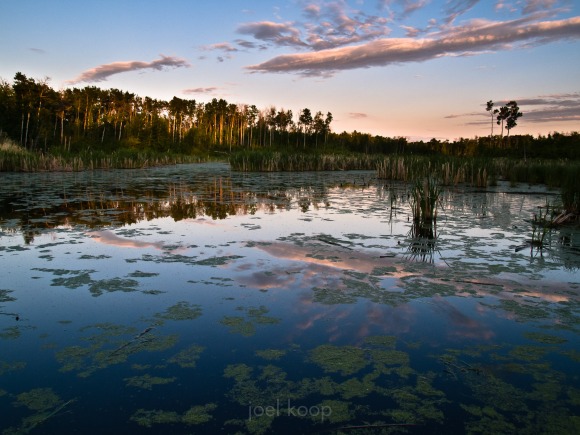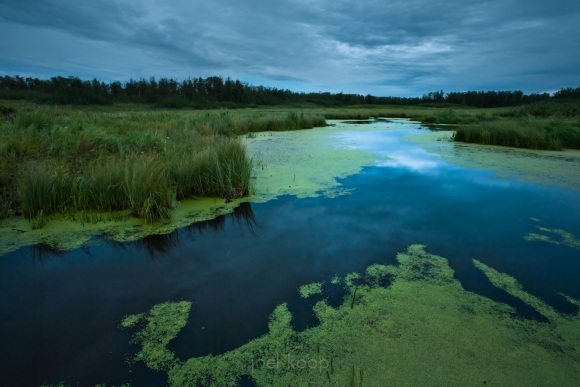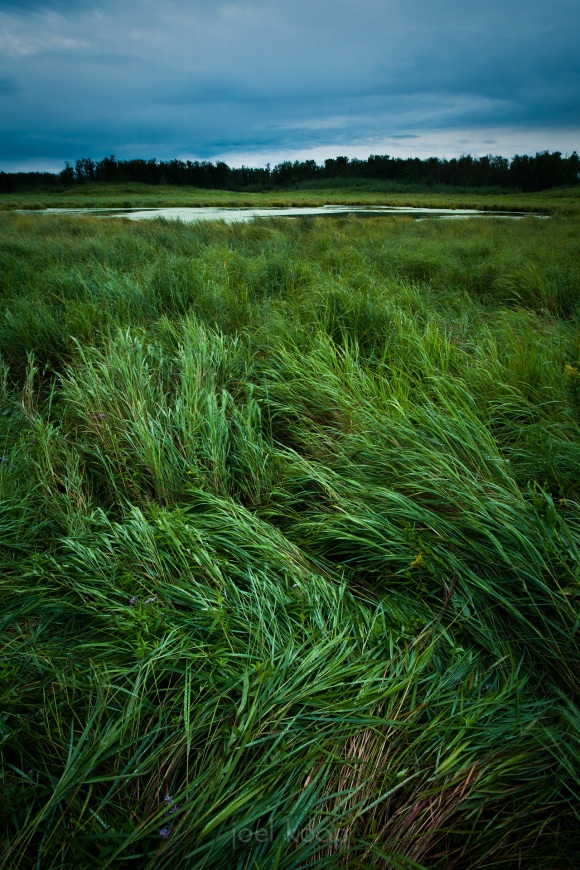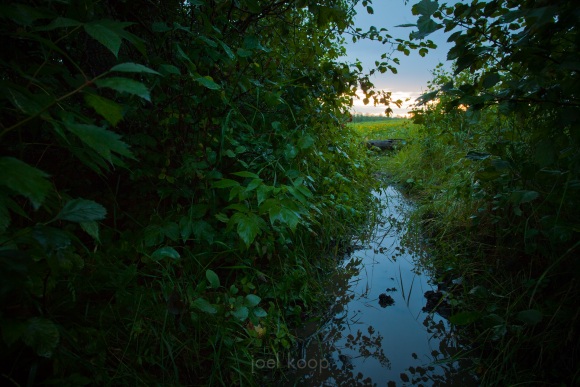“You got lucky and have a couple good photos. I imagine everyone has a few great pictures on their computer.” These were the words spoken to me today by a “photographer” who saw me selling prints at Folk Fest. It was interesting to hear, and I agreed with him. After all, it is true that many people have a few great photos; it is also true that I occasionally get lucky while taking photos. But I think he was implying that photographers (maybe nature photographers specifically) don’t have control over the quality of their photos. And that is completely false.
I don’t control the weather, the sun, the way the trees grow, or the layout of the mountains. This is the challenge of nature photography – adapting to the environment, finding strong compositions, waiting for or creating the right light. It’s about working with what is there to create a mood, a story, a little world within a frame. This takes a great deal of practice and skill, along with some experimenting. But there’s always a little luck involved.
These are from the Moss Lake trail in Elk Island National Park last night between 10 and midnight. It was overcast and a new moon so – pretty dark. (For what it’s worth, I was trying to create my own luck and time my visit right to catch the perseid meteor shower. As it turns out I had to work with an overcast sky, so I got these instead)



